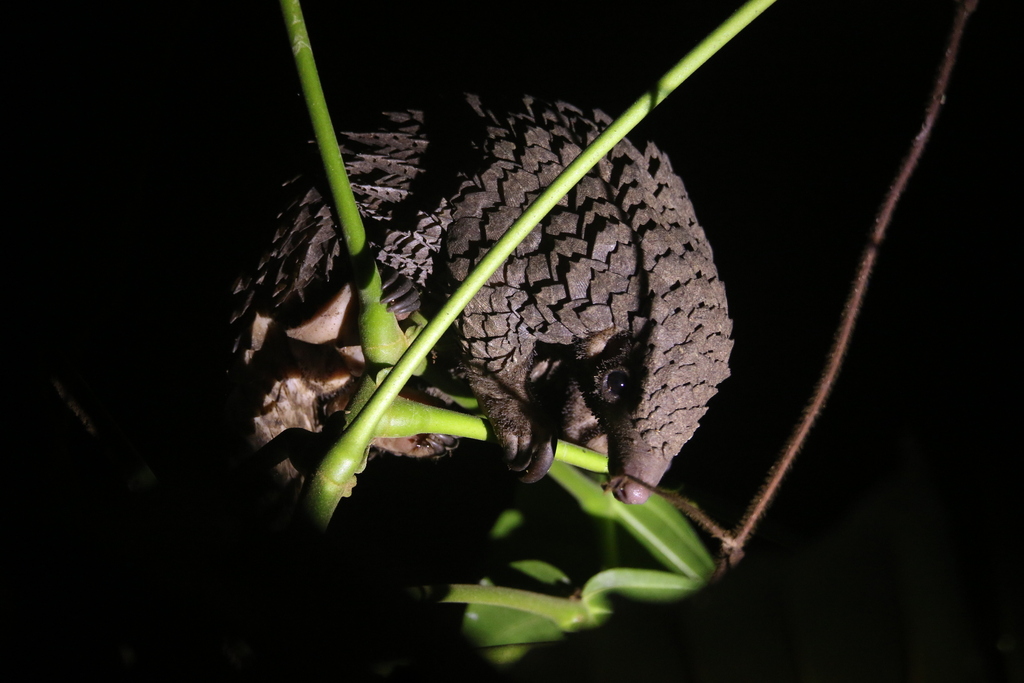A recent report surveying seizures of pangolin scales and elephant ivory over the past decade has found a sharp decline following the COVID-19 pandemic. Using data from media reports, public documents, and criminal intelligence and investigations, analysts at the Wildlife Justice Commission (WJC) found authorities seized more than 370 metric tons of pangolin scales and 193 metric tons of elephant ivory between 2015 and 2024. Seizures began to ramp up in 2015, peaked in 2019, and then declined sharply in 2020. The report found that the pandemic disruption to trade and travel, coinciding with increased enforcement based on intelligence, prompted these declines. Post-pandemic, the decline in trade has continued to hold as countries intensify law enforcement and intelligence gathering. “The report was motivated by a need to present up-to-date findings and offer a current assessment of the evolving criminal dynamics surrounding ivory and pangolin scale trafficking,” Olivia Swaak-Goldman, WJC’s executive director, told Mongabay by email. “From our investigations, we knew there had been some major changes since our last reports … so it was timely to publish updated analysis and highlight these shifts.” Pangolin scales act as armor to protect their body. The WJC report estimates that the 370 tons of pangolin scales seized over the past decade would have come from anywhere between 100,000 and a million pangolins. Image by flowcomm via Wikimedia Commons (CC BY 2.0). Pangolin scales, used in traditional medicine, are in high demand in East Asia. Over the past decade, as Asian pangolin numbers plummeted,…This article was originally published on Mongabay
From Conservation news via this RSS feed


